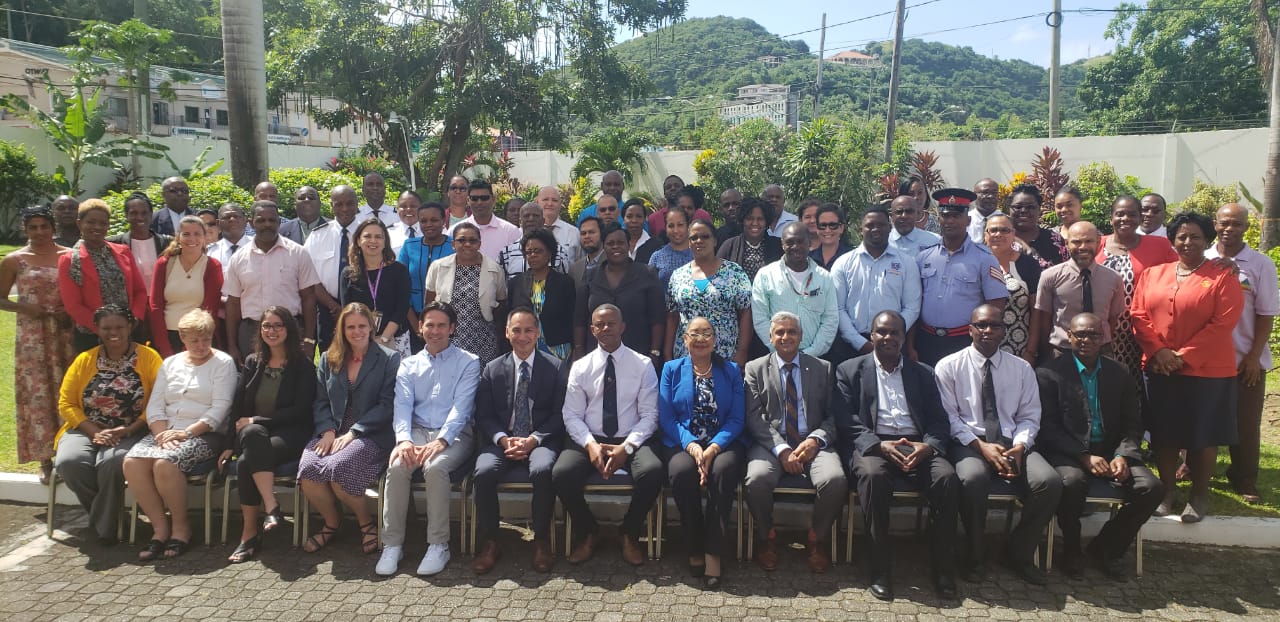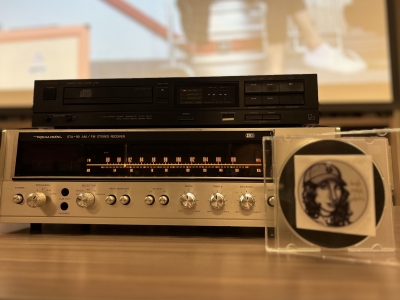Dr. Joshua Greenberg, Professor and Director of Carleton’s School of Journalism and Communication, recently visited Grenada in the Eastern Caribbean Region as part of an international delegation selected by the World Health Organization (WHO) and Pan-American Health Organization (PAHO) to assess its readiness to respond to an international public health emergency. All member nations of the World Health Assembly have an obligation to uphold key commitments of the International Health Regulations (IHR). The site visit was part of what’s called a joint external evaluation—a process where an assessment team works closely with country experts to produce an honest evaluation that captures areas of strength and identifies opportunities for improvement.
What was the purpose of your visit to Grenada?
My job was to lead on the evaluation of Grenada’s risk communications capacities, through analysis of previous cases, such as Zika virus and Chikungunya, interviews with local health communications specialists, and site visits to the Ministry of Health and key ports of entry. I also served as the backup rapporteur and helped craft the final report.
What were some important things you learned?
This was my first time assessing how a small island nation communicates health risks to the public. It was fascinating to learn about the informal networks of cooperation and assistance that form Grenada’s government communications community. Such arrangements are absolutely essential for developing countries that lack the kind of infrastructure and human resource capacity that we take for granted in Canada. At the same time, while informal networks of cooperation are important in countries with limited resources, they are difficult to sustain and can be challenged in times of emergency. Fortunately, such emergencies have been rare in Grenada, but still need to be planned for. I also learned a lot about the importance of bringing field observation into conversation with international best practices, which are often designed in a developed world context. In other words, what works in terms of how we communicate about health threats in Canada, Australia or Western Europe needs to be situated carefully when we are thinking about what is possible and feasible in a developing nation context. As part of a larger international team, I also learned a lot about areas of scientific practice that are beyond my expertise, such as veterinary medicine, laboratory management, and the management of ports of entry, among numerous other things.
Any takeaways you want to share?
Aside from the obvious observation that Grenada is a beautiful country, the main lesson for me was to always be mindful and reflexive about how well risk communication theories and best practices translate or move across different national and regional contexts. I think this observation has broader currency beyond the specific evaluation of Grenada’s commitments to its IHR obligations. It’s a useful reminder for all of the research we do in communication, particularly when there are global or international dimensions to them.
 Joint External Evaluation Team and Grenada Delegates
Joint External Evaluation Team and Grenada Delegates
Tuesday, January 22, 2019 in Communication News, News
Share: Twitter, Facebook



